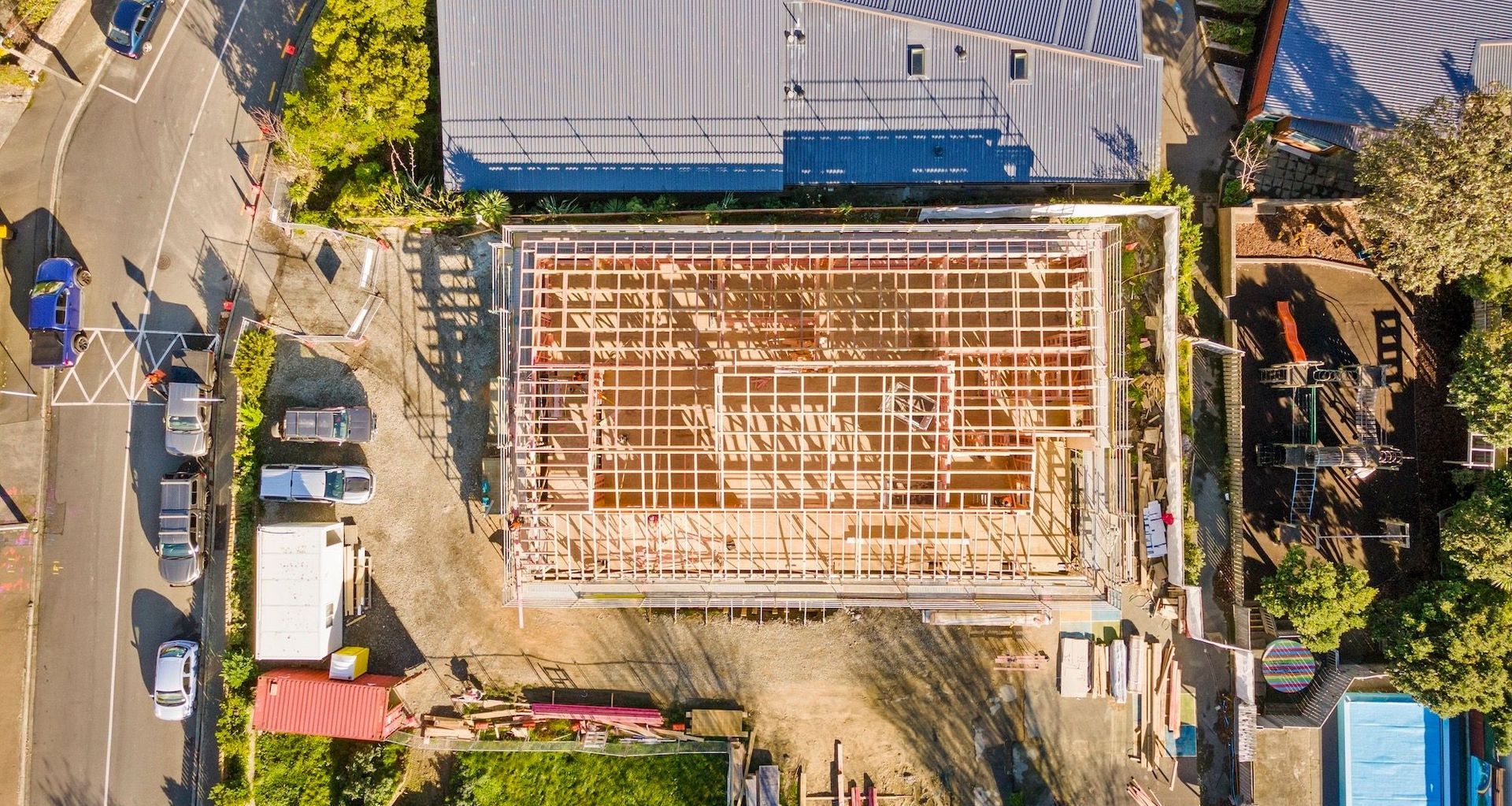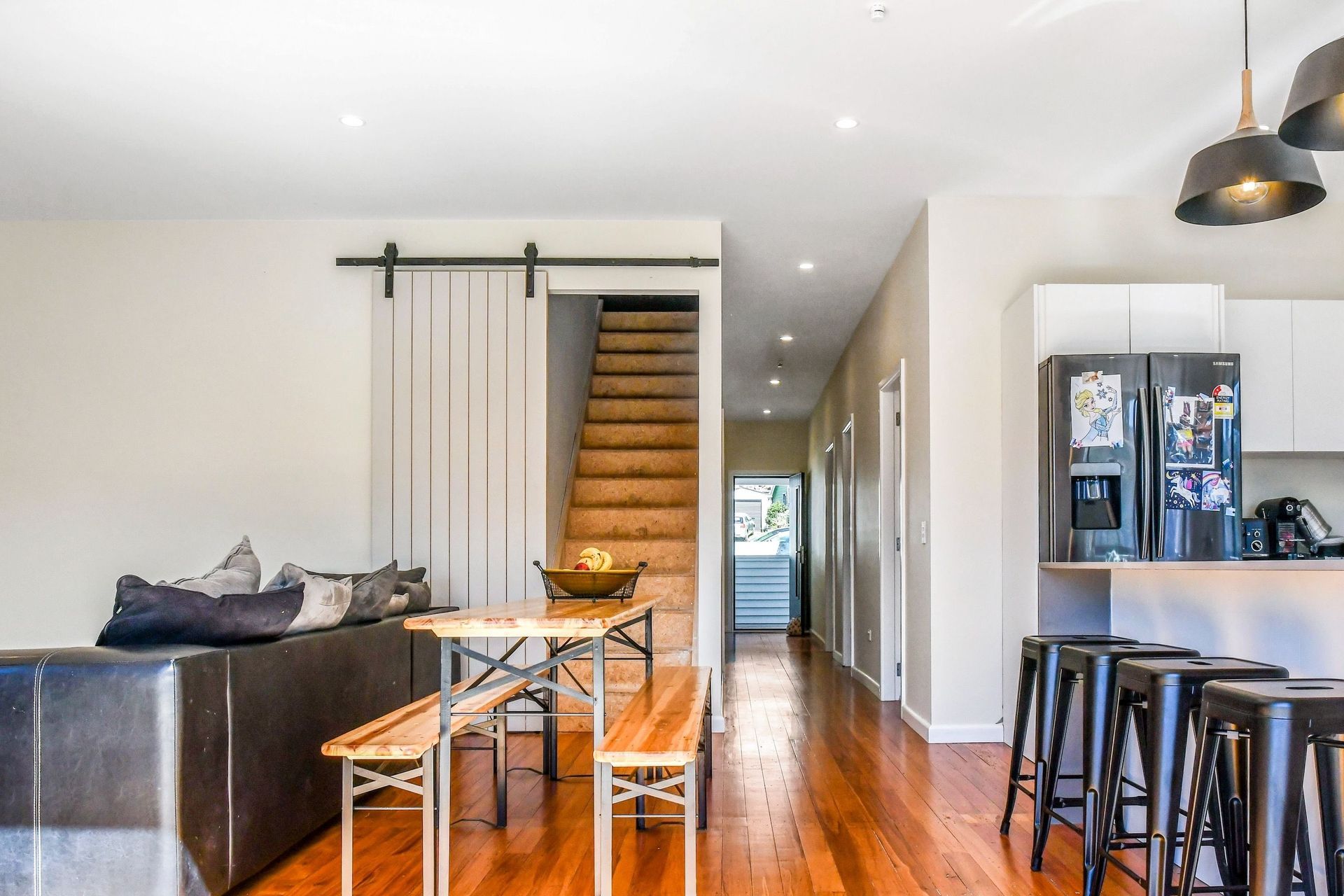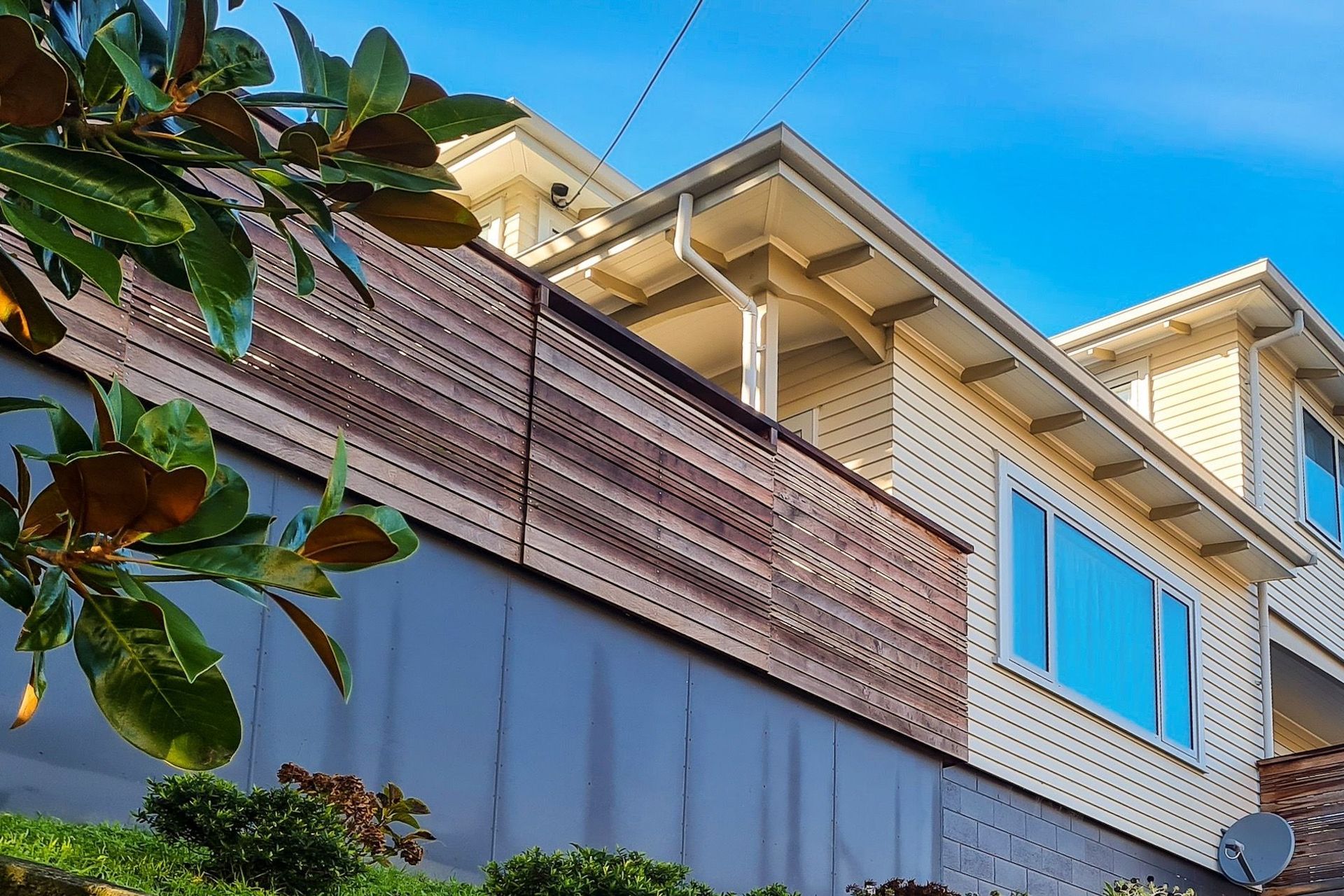Expert advice: how to choose the right builder for your project
Written by
11 November 2023
•
5 min read

Choosing a builder for your project can be a complicated task. As the success of your project is reliant on your building professional having the ability to understand your vision, and the skills to complete it to a high standard, it’s important to know you’re in good hands before you sign a contract.
With over 20 years of experience in the building industry, and now running his own building company in Wellington, Galu Letiu has an intimate understanding of what it takes to manage a successful project and deliver results for the client. Having worked with many clients on their first building project, Letiu knows how stressful the process can be, and just how important it is to have the support of a good builder.
ArchiPro caught up with Letiu to hear his advice on choosing the right builder for your project, red flags to look out for, and how to protect yourself financially when contracting a builder.

ArchiPro: What is the first thing you would advise someone to do when looking for a builder for their project?
Galu Letiu: Firstly, make sure that all your drawings are completed, and secondly, ask your family and friends for recommendations on builders they have worked with before.
AP: What are the top five most important things to look for in a good builder?
GL: Specific experience: choosing a builder who specialises or has a background in doing similar work is really important. Renovations can get messy as there are often a lot of unforeseen situations that arise, which means it can become quite expensive. An experienced builder in these situations will provide solutions and advice, which can help keep the extra costs down. Check that they are currently an LBP (Licensed Building Practitioner) and there’s no black mark against their name.
Track record: client references from similar projects or word of mouth is quite important. Were their projects finished on time and on budget? What are they like to work with? Check for any articles and have a look at their online reviews. Give the builder a fair go and ask about any negative reviews because having two sides is important.
Price: price is one of the main factors in any build. It is true that cheap is not always good, so make sure you are not choosing a builder based solely on the cheapest price. It’s important that you understand what items are included and excluded in each quote, and then compare quotes, because there could be substantial differences to a price once a missing item has been added.
Warranties and insurances: check for work warranties and make sure that the subcontractors the builder is using will be able provide their own warranties based on the consent documents. Items like exterior windows and doors should have warranties, so be sure to ask for these. Also, make sure you ask for the company insurances that cover liability and vehicles.
Timeframe and processes: this is important because home renovations can be disruptive, especially if the client is living on site throughout the build. There should always be a discussion about the builder's methodology, roughly how long some areas will be out of use for, and how long the project is expected to take.

AP: How does budget factor into the builder selection process?
GL: Price is important, but it should be considered as part of an overall assessment. For example, if two quotes are similar and the third is much cheaper, other areas like recommendations, previous experience, licences, guarantees/warranties, and payment structure should definitely be taken into account.
Remember that just because your budget doesn’t suit the builder's quote, doesn’t mean they are expensive. Some architects will get estimated pricings for a client’s budget but those are not true costs. Be open to making adjustments, using different materials, or even cutting part of the design to fit your budget.
AP: When is the best time to engage a builder for your project?
GL: The best time is when consent has been received. This is to avoid going back and forth if the council requires changes.
AP: What are some red flags to look out for when selecting a builder?
Doing your due diligence through references and company reviews should be enough on the building side.
A major red flag is when a builder is asking for a large sum of money up front. Generally a deposit of 15% is acceptable to cover overheads as well as pre-ordered supplies like exterior windows and doors.
I would recommend asking for financial references — this can be from their preferred building supplier and a couple from subcontractors they work with, for example, a plumber or electrician — and asking for a payment schedule for the job so you know how frequent the invoicing will be and how much it will cost. We work on a payment claim basis where we invoice for the work that has been completed.
AP: What are some questions you should ask a builder before you sign on to work with them?
GL: Make sure you ask for a copy of their company insurance cover, health and safety policies, and more information about the subcontractors they are using so you can do your own research.
Learn more about Fair & Square Building Services.